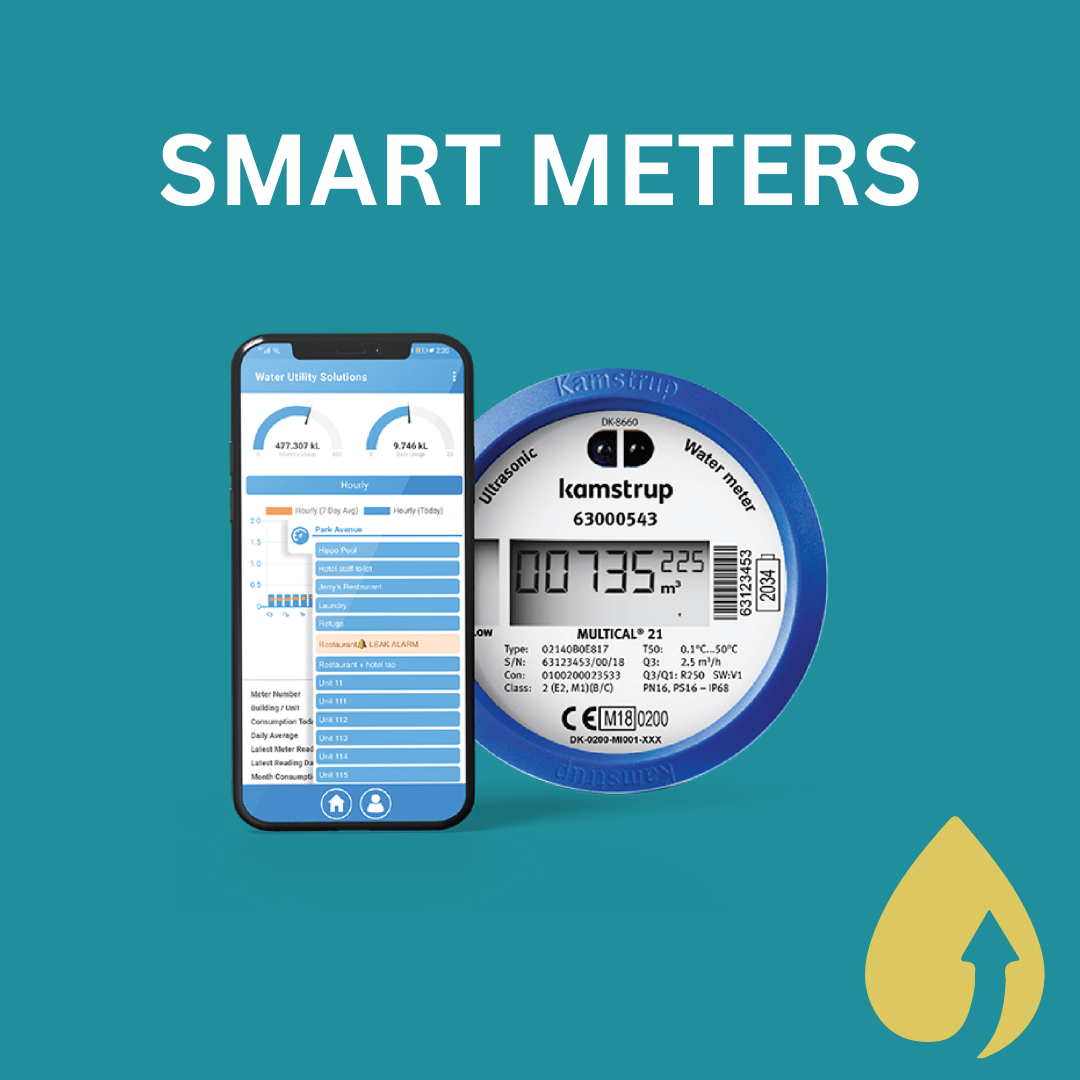A local systems innovator, Mthokozisi Moyo, is advocating for adoption of smart technology to revolutionise water metering systems and empowering residents to monitor their water consumption effectively in the middle of a water crisis gripping Bulawayo residents
Residents in Bulawayo are currently enduring a 120 hour (about five days) water shedding, with some residents passing the stipulated rationing period.
While traditional water metres have been fundamental in monitoring and regulating water usage, residents have often complained their outdated mechanisms and inefficiencies have become glaringly apparent.
Manual readings and the absence of real-time data provision contribute to the challenges faced by the city in managing its water resources and billing systems.
Speaking during The Breakfast Club, a current affairs programme hosted by CITE on Monday, Moyo said there is a need for the urgency of integrating technology into Bulawayo’s water crisis response.
“Boreholes might seem like a short term solution but how sustainable are they? Imagine you are driving to Bulawayo and the first thing you see is a tank in every yard and a borehole. What are we doing to the groundwater down there? What does it mean to wetlands now that they are not tapping into that groundwater? They will dry up. Trees with shallow roots, will also dry up. Now we have created another problem,” said the innovator.
Moyo said in the short term, people needed to manage their water consumption.
“We need to be more conscious about how much water we are using as individuals. We need smart technological advances in our metering systems, which tell us in real time how much water we are consuming and we can adjust,” Moyo said.
The innovator added that there is a need for a paradigm shift towards smarter metering systems equipped with real-time monitoring capabilities, underscoring the importance of engaging innovators in addressing the water crisis.
“We are now in the age of Artificial Intelligence, we need to start pushing it into the Bulawayo water crisis space, let’s get the innovators involved,” Moyo encouraged.
He added, “Prepaid water meters deprive humans of the basic water right, while smart meters linked to your phone are better than prepaid water meters. If you had an application directly linked to how much water you are consuming, you will know who uses more water and you try to tell them to minimise water.”
Meanwhile, Moyo said residents need to address misconceptions regarding water accessibility and consumption.
“The city of Bulawayo really needs to engage media partners and academia like the National University of Science and Technology (NUST), so that the costs are really brought forward to the people. People must really understand that when they are paying US$30 per month, it’s not the actual amount they are supposed to pay, that water has been pumped from UMzingwane, treated at Criterion (water works), so the costs have been increasing by the time it comes to you its subsidies,” he said.
“You find that water is not a profit making aspect of their duties (as council), it’s actually making a loss for the city council. Hence when we are looking for investments we are always waiting for someone to come and give us a lump sum of money towards water.”
Moyo said if water is pegged at its price there would be a surplus and the city will be able to increase a number of dams and treatment plants, expand capacity.
“But because we are operating at a loss, we always want to go out, look for someone with a big bag and then give us money , so we really need to change our perception on the value of water,” he said.
In addition, the innovator advocated for exploring possibilities such as water recycling initiatives.

